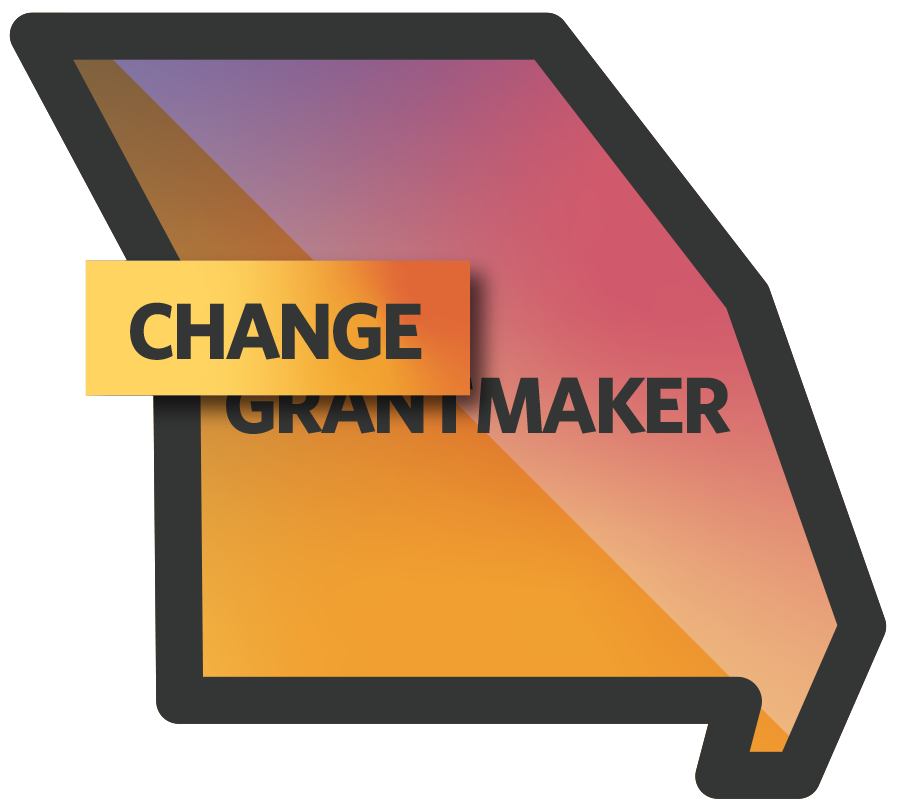

Story | 05
Changemaking - Planting the Seeds
There are certain projects that epitomize how we as a Foundation have evolved from a grantmaker to a changemaker. Often in these examples, there was an easy way we could have used our endowment to fund some short-term work or simply purchase equipment. While that option could lead to some impact, it’s not the sort of systems change we’re looking for. Using a wider variety of strategies and a different way of thinking, frequently we’re able to use fewer resources while creating longer-lasting impact. A great illustration of this work is our partnership with Missouri Appleseed.

Appleseed approached us with a health problem that wasn’t on a lot of people’s radar – a lack of access to feminine hygiene products for women in Missouri prisons. They had a suspicion that this issue was leading some women to create makeshift tampons, ultimately causing high rates of vaginal infections. By working with us, Appleseed received support to perform the research necessary to back up their assumptions.
After surveying groups within the Missouri Department of Corrections, the results were difficult to ignore. Roughly 80% of respondents reported having made and used a homemade tampon. The vaginal infection rate over a six-month timeframe for these women was nearly 28%, while the rate among other respondents was zero.
The results of this work came quickly. Thanks to Appleseed’s efforts, findings from the research were passed to Missouri legislators and the topic was picked up by the media. With bipartisan support, more than $113,000 was set aside in Missouri’s 2020 budget to purchase feminine hygiene products for state prisons. The St. Louis Board of Aldermen passed a measure ensuring access in city jails, with St. Louis County following suit later in the year. And to think, it all started with a strategic investment.

In our days of simply awarding grants, we might have allotted $300,000 to provide tampons free of charge to all incarcerated women for two years. It’s likely that this investment would have addressed the issue for a period of time, but where would we be after the funding ended? Instead, we opted for a more transformative approach.
Work remains to be done for additional local jails across the state, but we’re confident that the positive health results elsewhere in the region will soon speak for themselves.